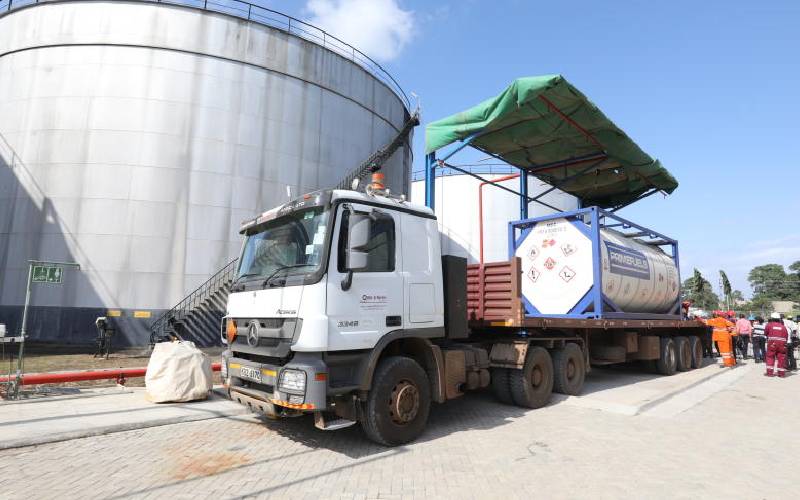×
The Standard e-Paper
Kenya’s Boldest Voice

Kenya’s dream of being an oil exporter appears to be slipping away after Tullow Oil wrote off billions of shillings it has spent in exploring for oil in Lokichar, Turkana County.
The company, in its annual report for the year to December 2020, said it has written off $430 million (Sh46.8 billion) in exploration costs, attributing it to low global oil prices.